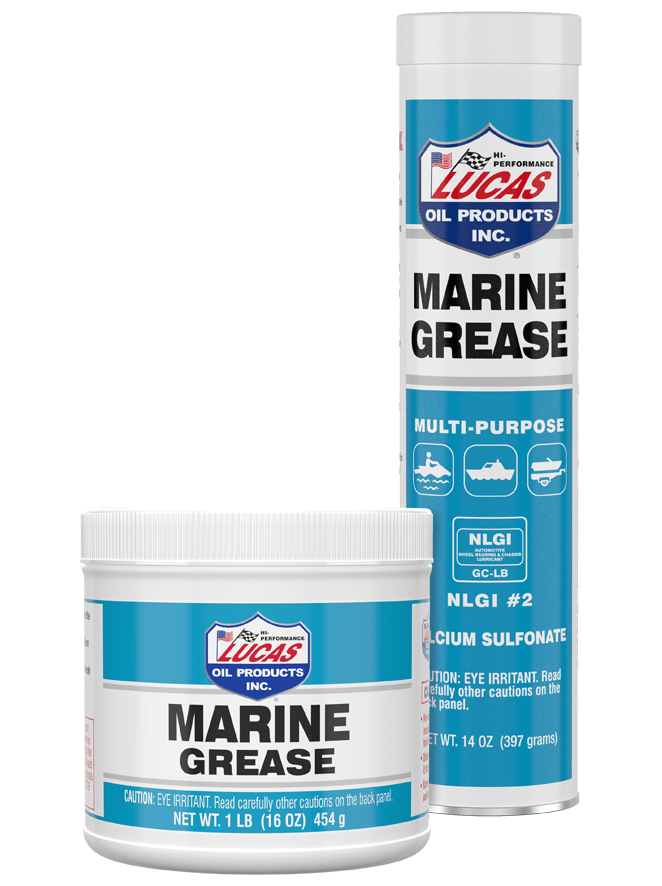Marine grease and regular grease serve similar purposes, but there are key differences between them that make each type suitable for specific applications. Understanding these distinctions can help you choose the right grease for your needs.

Credit: www.crcindustries.com
Marine Grease vs. Regular Grease: The Basics
Marine greases typically contain additives to boost corrosion resistance due to water exposure. Polymers present in marine greases improve water resistance and help the grease protect components effectively.

Credit: www.lucasoil.com
Key Differences
- Marine grease is designed for applications exposed to water, offering excellent corrosion protection in saltwater environments.
- Regular grease is more general-purpose and may not provide the same level of water resistance as marine grease.
- Marine grease often contains aluminum or calcium-based thickeners, making it more water-resistant compared to lithium complex greases.
Applications
Marine grease is commonly used in marine environments for boat trailers, wheel bearings, and chassis lubrication. Its superior water resistance makes it ideal for these applications. Regular grease, on the other hand, is suitable for general automotive use where water exposure is minimal.
Which Grease Should You Use?
When deciding between marine grease and regular grease, consider the environment in which the grease will be used. If your application involves exposure to water, especially saltwater, marine grease is the better choice for optimal protection against corrosion.
Conclusion
While both marine grease and regular grease serve as lubricants, their differences lie in their compositions and applications. Choosing the right grease based on your specific needs can help prolong the life of your equipment and ensure optimal performance.


